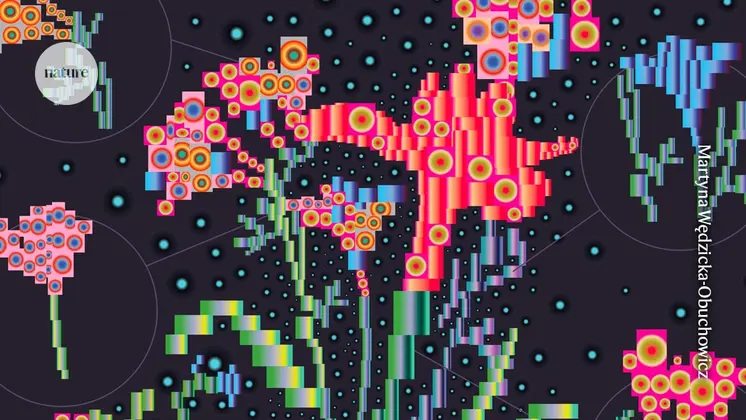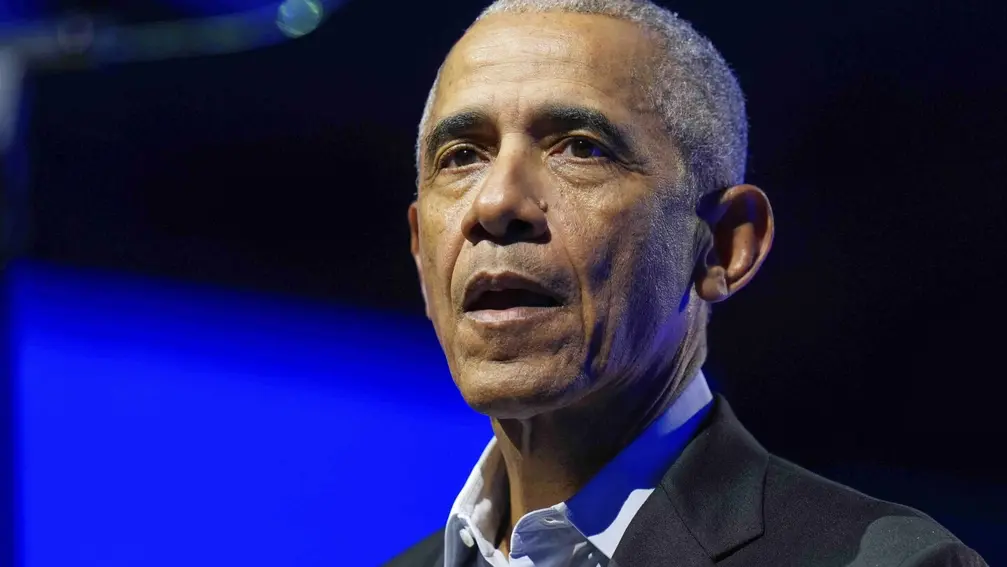T4K3.news
AI influenced prize winning novel sparks debate
A Japanese author used AI to write part of a prize winning novel and argues language choices reveal social attitudes, intensifying discussions on AI in literature.

A Japanese novelist uses AI in part of a prize winning novel and explores language and social tension in modern Japan.
AI and language shape identity in Sympathy Tower Tokyo
Sympathy Tower Tokyo won the Akutagawa prize in 2024 for new or rising authors, even as its author, Rie Qudan, confirms that a portion of the text was crafted with the help of AI. The novel follows Sara Machina, an architect tasked with building a tower to house criminals, and uses language choices to probe how society views mercy and punishment. Qudan says AI contributed about 5 percent of the text, but her aim was to reveal how technology reflects human thinking rather than to deceive readers. The book draws on contemporary events, including Shinzo Abe’s assassination in 2022, to examine how public sympathy can hinge on personal narratives and background.
A major thread in the book is the role of language. The plot features a Sympathy Test for potential residents and a debate about how far katakana can soften or disguise social attitudes. The author notes that katakana has become a standard among younger readers, and that political movements in Japan often use katakana to signal messages without triggering traditional associations. The piece also notes broader social tensions, such as the rise of the far right and concerns about diversity, which Qudan says are reflected in conversations about who belongs and how language can reveal or mask bias. The author emphasizes that words shape reality and that the novel uses language as a lens on society, not only as a stylistic choice.
Key Takeaways
"I don't feel particularly unhappy about my work being used to train AI"
Qudan on AI training of text
"Words determine our reality"
central theme of the novel about language and identity
"Maybe a future will come when that happens, but right now there’s no way an AI can write a novel that’s better than a human author"
on AI replacing writers
"By using katakana, a lot of negative associations can be replaced by neutral ones"
language choices in the book
The use of AI in Sympathy Tower Tokyo signals a broader shift in how fiction can operate as a laboratory for language and ethics. By framing AI as a creative partner rather than a rival, Qudan invites readers to consider how machine generated text might expose hidden thought processes in readers and writers alike. The katakana debate in the book mirrors real world politics in Japan, where language choices can obscure aims and fuel backlash against diversity. This moment shows literature at a crossroads: AI can illuminate how language evolves, but it also raises questions about authenticity and the sustainability of human craft in a digital era.
Looking ahead, the debate may hinge on how readers value the human touch versus the ideas a machine can surface. The tension is not just about who writes a book, but about what language does in public life. As language shifts accelerate, novels like Sympathy Tower Tokyo could become barometers for how comfortable a society is with change and with the people who challenge it.
Highlights
- Language teaches us how we see the world
- AI can reveal hidden patterns in thought
- Words decide reality and tone decides meaning
- Katakana shifts the weight of a word without changing its sound
AI in prize winning work sparks political and social backlash
The use of AI in a prestigious prize story touches off debates about authenticity, language politics, and diversity in Japan. It raises questions about the impact of machine assisted writing on readers, and how language choices in fiction can reflect or shape social attitudes amid a tense political climate.
The dialogue around AI and creativity will keep evolving as more authors explore its possibilities.
Enjoyed this? Let your friends know!
Related News

AI generated papers spark debate on originality

Coca-Cola Introduces Cane Sugar Version Amid Health Debate

Trump Kennedy Center Honors Uncertain Attendance

Obama backs Newsom redistricting response

Game Genie Makes Mark on Video Game History

Matthew Lawrence Critiques Superman's Dynamic with Krypto

Tim Wellens wins Tour de France stage amidst rival criticism

Nick Jonas Bedroom Confession Sparks Debate
